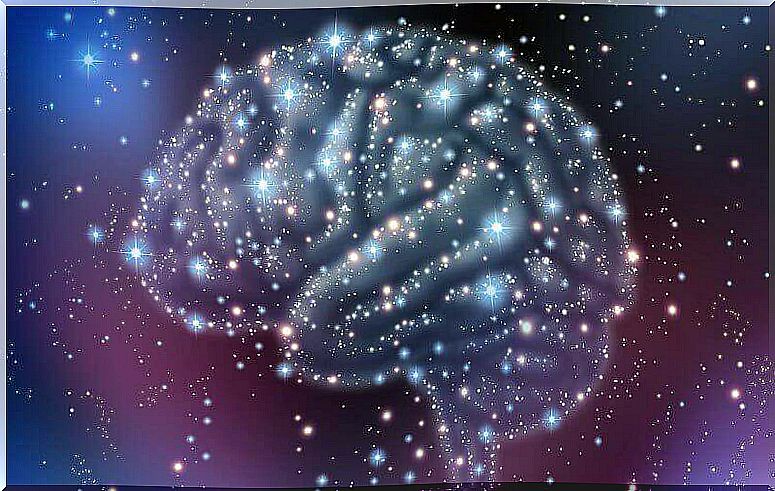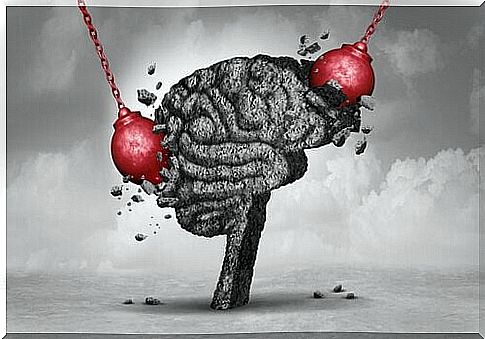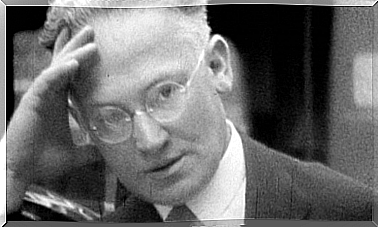The Brain Protects You From Your Traumatic Memories

American novelist Richard Matheson has suggested that “being born involves the trauma of misunderstanding”. Would this man mean that the mere fact of being born corresponds to the first of our traumatic memories ?
Either way, you, like me, don’t remember when we came into the world. Something normal, like not remembering our first few years of life. However, there are surely other episodes which, due to being traumatic, also do not appear as accessible in our memory. We will talk about these traumatic memories as part of this article.
Traumatic experiences and memories
Our experiences, especially during childhood, greatly influence our development . In the case of negative experiences, the impact can be huge. Many of these experiences, once they become lived episodes and memories, can stay in our minds with high intensity. In other words, the emotional imprint they leave is very powerful.
Episodes of emotional or physical abuse resulting from close people, for example, leave significant psychological consequences. In this case, the brain often tends to “feel guilty”, and it seems that it is just this mechanism that is also responsible for protecting us from the most traumatic memories.

Blocking out memories
Clinical psychologist Lidia García Asensi draws a curious parallel between a brain and a computer. According to her, our brains act by processing information in the form of files, which are organized and stored. However, if a memory appears beyond its capacity, it is saved as a lived experience in a memory network different from the usual.
What does the psychologist want to say through this parallel? That faced with traumatic memories that our brain is not able or refuses to process, because they have managed to modify us widely at the physiological and emotional level, they are isolated and separated so as not to generate overly intense emotions and difficult to bear.
Indeed, we know that very damaging and traumatic experiences are able to alter the chemical balance of the brain. This happens when an event is difficult to manage and we are not able to understand it, so its acceptance and processing is very complex.
Is this blockage positive?
We can view this brain blockage as positive because it protects us from trauma and complicated experiences. However, we must emphasize that this is not always the case, especially in the long term, since “putting aside” does not mean completely forgetting or preventing an experience from influencing us. We are talking about a real, unprocessed event, that is, an important episode that we did not make sense of and that we did not integrate in a positive and coherent way in our personal biography.
In other words, it is possible that a “trigger stimulus” will appear later, in the form of a new situation or experience, which will cause this memory to reappear. It happens unconsciously, but the slightest little event, no matter how insignificant it may seem, could reactivate it and make us feel as we were at the time of the trauma.
It is true that most memories end up being forgotten. However, those who refer to too intense experiences are never forgotten, they simply remain isolated and untreated, asleep, anesthetized. So that, if they are not contextualized and confronted, if they do come to reappear, the damage can turn out to be very great in that it can make us feel both very bad and terribly disoriented.

Advantages and disadvantages of protecting the brain from traumatic memories
As we saw earlier, this automatic protection of our brain can help or harm us. It has its advantages and disadvantages, although it will always be better to face a traumatic event and overcome it. However, this is obviously only possible if we remember it.
In addition, the brain frees us from the suffering that these traumatic memories supposes. In this way, the unpleasant consequences will be somehow suppressed in our daily life.









